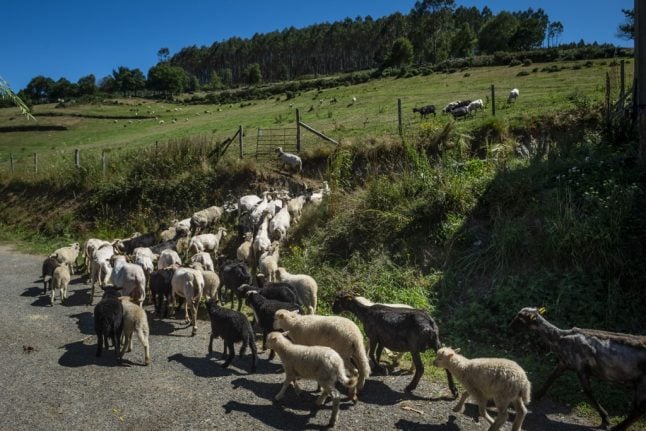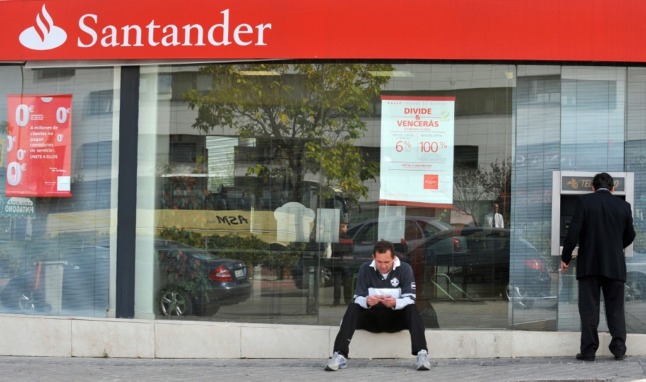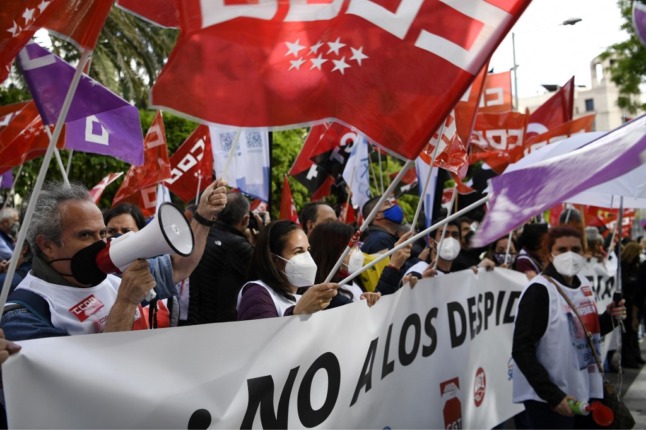We have been living in Panton for two years. Our second anniversary was on 12th July. The party that we planned didn’t seem like such a good idea after all, during this strange period of social-distancing, which our Spanish friends must have found harder to maintain than we; since they are, by nature, warm, effusive, and hard-wired to be in your face (in the nicest possible way!) So, we are planning to host a winter-fest instead. Outdoors, around a bonfire.
The Spanish lessons which we have enjoyed every fortnight for more than a year, with our local friend, Maria, were put on hold too. She was flat-out in her role as village social worker, coordinating home care and services for many vulnerable people. This presented us with an ideal opportunity to swot up on homework, and to practise conjugating verbs together around the kitchen table, one might think; if one were a responsible adult type; which one is not.
Binge-watching “Vikings” and “Ozark” throughout lock-down took precedence over any meaningful activity, with the exception of garden landscaping, cooking and eating. I did watch some movies, and NETFLIX crime series, in Spanish, and that was helpful. Especially with the English sub-titles.
You see, I was “that girl” at school: the girl who did her homework on the bus or in the toilets before classes. The girl whose dog, apparently, subsisted on a diet of school exercise books. The girl who draped herself sullenly across her desk at the back of the class, with a transistor radio ear-piece in one ear and her finger in the other. I actually managed to convince one green, new teacher that I was deaf, for a whole week.
I’d function on cruise-control every term, then ace the exams after an all-night cram session; to the annoyance of teachers, class swots, and my conscientious brother! I achieved my Bachelor’s degree using pretty much the same technique. During my four years at university, sports, and an heroic effort to consume world-record volumes of lager were my primary pastimes.
Surprisingly, then, my Spanish has come along quite well, ‘though the words of my fourth form Head still ring in my one good ear: “ Miss Savage has immense ability, but fritters it away.” I came across this school report, from 1975, when I cleared out my mother’s home in January this year, after she passed away.
Two years into our tree-change, our daily conversations with neighbours and other villagers remain brief and stilted; limited to the weather, COVID, “malditos turistas”, and one’s health. We’ll have to wait a while, and study more rigorously, before we can pose moodily in cafes, engaged in heated intellectual discussions from opposing platforms: Cartesian Dualism versus Aristotelian Empiricism. Winner pays the bill.
Laughter, in addition to being the best medicine, is a means of opening and warming hearts, when words fail us.
Our mates in the farmacia always make time for a joke, since I went in to collect my prescription one day, wearing absolutely filthy gardening clothes and paint-spattered rubber boots, and treated them to a cat-walk mince, as I announced to a bemused customer that it was Australian Fashion Week. They also find it hilarious that we are stalked by three local dog pals wherever we go. They’ll chorus: “Ellos no son nuestros perros!” Which seems to have become our mantra.
To be the butt of such gentle jokes should be taken as a great compliment. Our Spanish teacher, who, of course, knows everyone in the village, informs us that we are indeed talked about, warmly, and with respect. Which, we have earned, apparently, by working hard to engage and fit in, despite our still infant language skills.
I reckon that is probably one of our greatest achievements in the past two years. One worth celebrating.
READ ALSO:





 Please whitelist us to continue reading.
Please whitelist us to continue reading.
Member comments